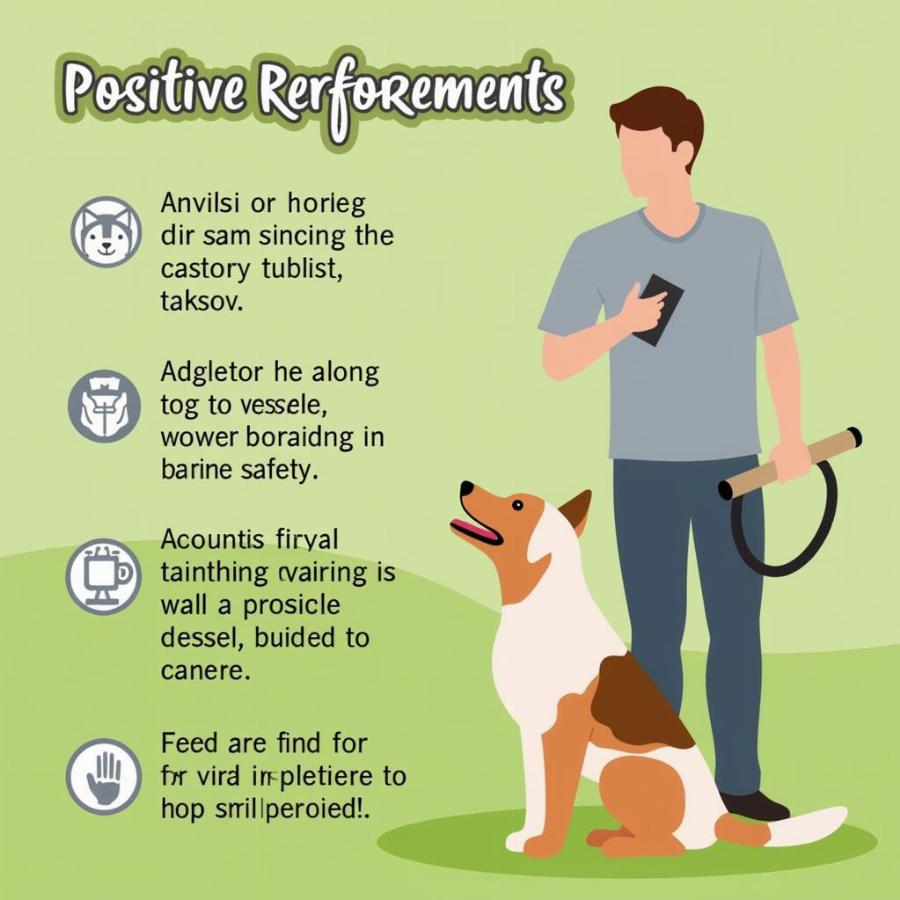The term “british banned dog breeds” often sparks curiosity and concern among dog lovers. In the UK, certain breeds are restricted under the Dangerous Dogs Act 1991, aiming to protect public safety. This article dives into the specifics of this legislation, exploring the banned breeds, the reasons behind the ban, and the responsibilities of dog owners in the UK. We’ll also discuss the controversies surrounding the Act and explore alternative approaches to canine safety.
What Dog Breeds are Banned in the UK?
The Dangerous Dogs Act 1991 specifically bans four breeds in the UK: the Pit Bull Terrier, Japanese Tosa, Dogo Argentino, and Fila Brasileiro. It’s important to understand that this ban focuses on the type of dog rather than its specific pedigree. This means that a dog can be deemed a banned type based on its physical characteristics and appearance, even if it’s not a purebred example of one of these four breeds.
Why These Specific Breeds?
These breeds were initially targeted due to concerns about their potential for aggression and the severity of injuries they could inflict. The 1990s witnessed a rise in reported dog attacks, and these breeds were often implicated, leading to public fear and demands for action. The Act aimed to address these concerns by restricting the ownership and breeding of these perceived dangerous dogs.
The Controversy Surrounding Breed Specific Legislation
The Dangerous Dogs Act has been a source of ongoing debate. Critics argue that breed-specific legislation is ineffective, as it doesn’t address the root causes of dog aggression, which include poor training, irresponsible ownership, and environmental factors. They point out that any dog, regardless of breed, can be aggressive if not properly socialized and trained.
Focusing on Deed, Not Breed
Many animal welfare organizations advocate for a “deed, not breed” approach, focusing on responsible dog ownership and holding owners accountable for their dogs’ behavior. This approach emphasizes education, training, and preventative measures to ensure public safety, rather than targeting specific breeds.
 Dog Training and Responsible Ownership: Key to Canine Safety
Dog Training and Responsible Ownership: Key to Canine Safety
Owning a Banned Breed: Legal Implications
Owning a banned breed in the UK is a serious offense and can lead to hefty fines, imprisonment, and the destruction of the dog. It’s crucial for potential dog owners to be aware of the legislation and to correctly identify the breed of dog they intend to own.
What if My Dog Looks Like a Banned Breed?
If your dog resembles a banned breed, it may be seized by the police and assessed by an expert. The court will then decide whether the dog is a banned type, based on its physical characteristics and behavior. If the court deems your dog to be a banned type, it can be seized and potentially euthanized, even if it hasn’t displayed any aggression.
Alternatives to Breed Specific Legislation
Several countries have implemented alternative approaches to canine safety, focusing on education, responsible ownership, and individualized assessments of dog behavior. These approaches often involve stricter penalties for owners of dogs that display aggressive behavior, regardless of breed.
Promoting Responsible Dog Ownership
Education and responsible dog ownership are key to preventing dog bites and promoting harmonious coexistence between humans and animals. This involves providing resources and support for dog owners, promoting responsible breeding practices, and raising awareness about dog behavior and safety. Check out our articles on banned british dog breeds and uk banned dogs for more information.
Conclusion: Moving Forward with Canine Safety
The issue of “british banned dog breeds” continues to be a complex one. While the Dangerous Dogs Act aims to protect public safety, its effectiveness remains debated. Focusing on responsible dog ownership, education, and a “deed, not breed” approach may offer more comprehensive solutions to prevent dog bites and foster positive relationships between humans and their canine companions. For more information on dog breeds, including tan dog breeds, explore our extensive resources on Beaut Dogs.
FAQ
- What happens if I’m caught with a banned breed? You could face fines, imprisonment, and your dog could be euthanized.
- Can I get an exemption for a banned breed? Exemptions are rare and difficult to obtain.
- Are all Pit Bulls banned in the UK? Any dog that matches the characteristics of a Pit Bull type is banned.
- Does the Dangerous Dogs Act apply to all dogs? Yes, but the breed specific ban only applies to the four listed breeds.
- How can I learn more about responsible dog ownership? Many resources are available online and through local dog training organizations.
- What should I do if I’m worried about a dog in my neighborhood? Contact your local authorities or animal control.
- Is breed specific legislation effective? This is a subject of ongoing debate, with many arguing for a “deed, not breed” approach.
Further Reading
- Dog Breed Profiles
- Dog Training Tips
- Understanding Dog Behavior
Beaut Dogs is your go-to resource for all things related to dog ownership, providing reliable and in-depth information on a variety of breeds, care tips, and responsible ownership guidelines. When you need expert advice, contact us at [email protected] (Email address) for detailed and accurate answers. Beaut Dogs is committed to empowering dog lovers with the knowledge and resources they need to provide the best possible care for their furry friends.